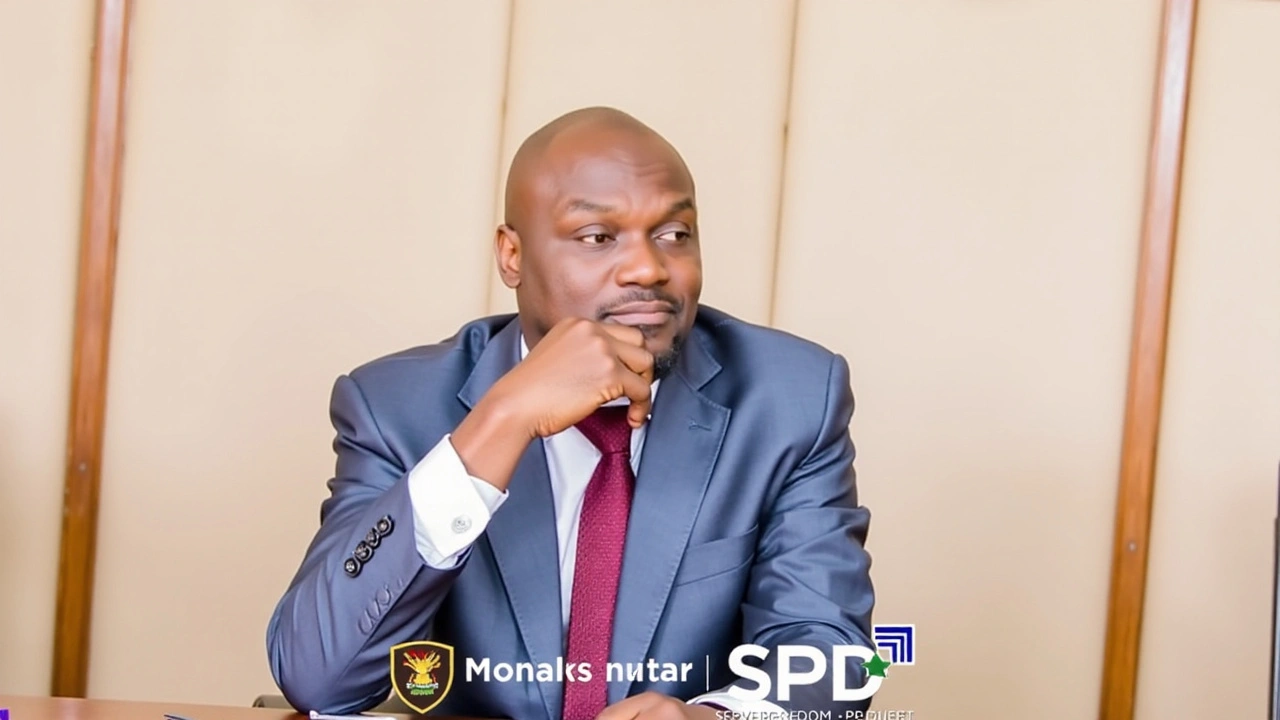Understanding Government Inclusivity and Its Importance
Government inclusivity means making sure all voices in society—no matter their gender, ethnicity, or background—have a seat at the decision-making table. When governments are inclusive, they’re better at addressing the needs of every group, creating fair laws, and building trust with citizens.
In Africa, inclusivity is a hot topic because the continent is so diverse. Countries face the challenge of balancing many different cultures, languages, and histories to build governments that truly represent their people. Without inclusivity, certain groups can feel left out, leading to political tension and lower citizen engagement.
How Inclusivity Plays Out in African Politics Today
Some African countries have made strides by involving more women and youth in leadership roles or by ensuring minority groups have representation in government. For example, policies that support gender balance or bring regional leaders into national decisions help share power evenly.
But challenges remain. In some places, conflicts or political disputes still block inclusive efforts. Events like debates around taxation, like the VAT discussions in South Africa, or the pushback against political negotiations seen in countries like South Africa and Nigeria, show how inclusivity is sometimes contested and politically sensitive.
Why You Should Care About Government Inclusivity
Inclusive governments don’t just sound good on paper—they often lead to better development outcomes, more stable societies, and policies that actually work for everyone. When people feel heard, they participate more, and governments gain legitimacy.
If you’re following African news, you’ll notice inclusivity showing up in many stories—from debates over leadership in Nigeria and South Africa to discussions about handling social issues in Kenya and beyond. It’s what shapes the future of governance across the continent.
So next time you see political headlines from Africa, think about how inclusivity is influencing the decisions behind the scenes. It’s a crucial part of building a fairer and stronger society for all.

Moses Kuria Advocates for Inclusive Governance, Urges President Ruto to Include Opposition
Moses Kuria, President Ruto's ally and Cabinet Secretary for Investment, Trade and Industry, revealed he advised Ruto to include opposition figures in the government. Discussing the importance of inclusive governance and political unity, Kuria emphasized the need for collaboration among all political leaders in Kenya.
